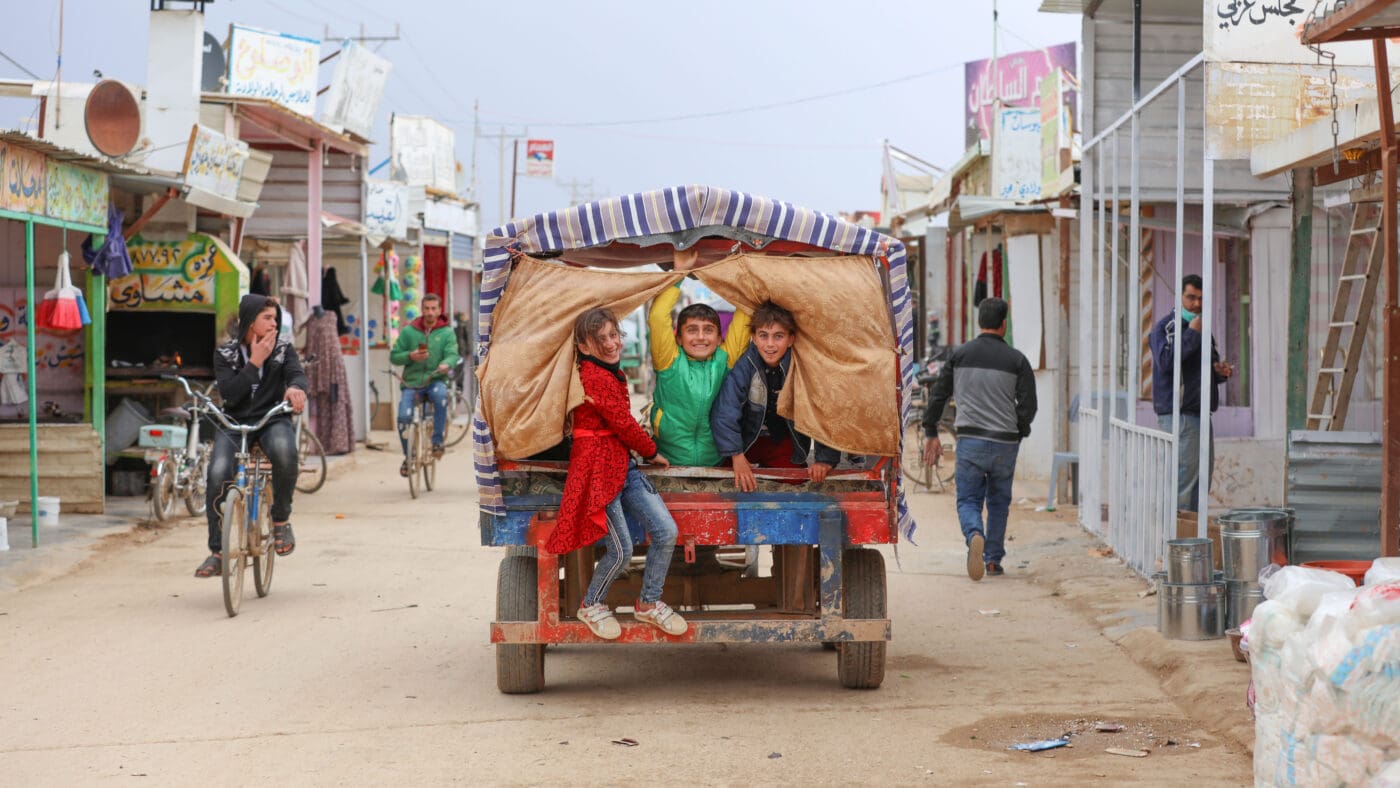
Jordan
Jordan hosts the second highest share of refugees per capita in the world, mostly from Syria. Food security has been a key concern for refugees in camps and communities.
Syrian refugees registered in Jordan
of refugees live in the Za’atari and Azraq refugee camps
Registered non-Syrian refugees in Jordan
Host to REfugees
Jordan has a young, largely urban population of 10.9 million. While the country is considered food secure with a score of 8.8 on the 2020 Global Hunger Index, food security is challenged by a multitude of structural and political factors including high poverty rates, unemployment, slow economic growth and increased cost of living.
93% of refugee households are below the refugee poverty line. The results of a WFP June 2021 analysis showed 23.4% of refugees are hungry, with an additional 60% at risk of hunger.
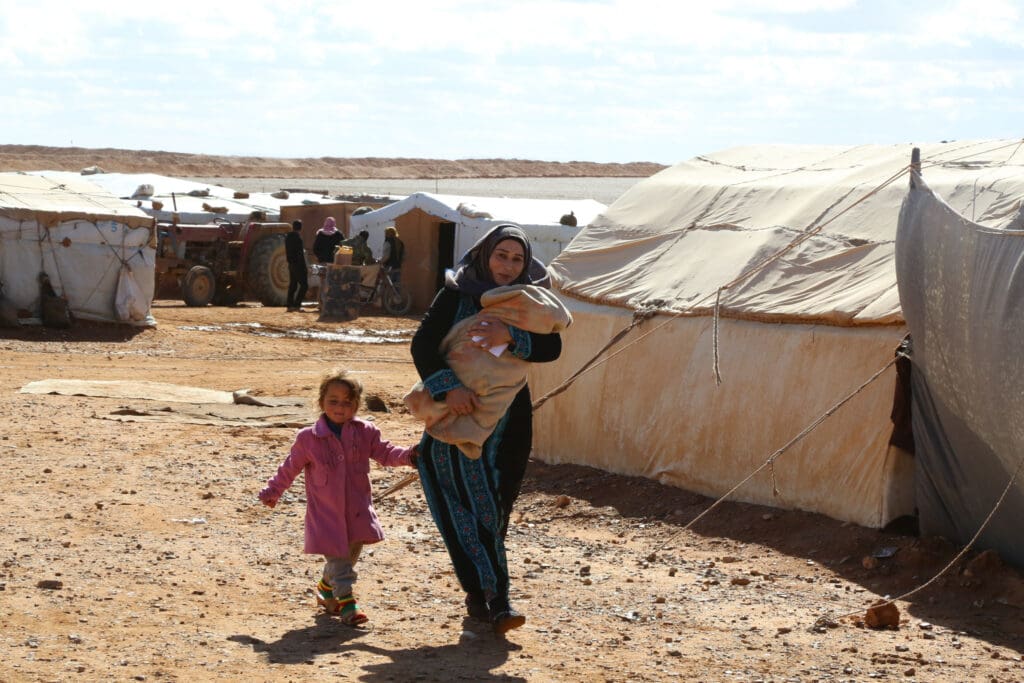
WFP’s Work in Jordan
WFP has been present in Jordan since 1964. The UN agency assists Jordanians at risk of or facing hunger while supporting the national management of the refugee crisis.
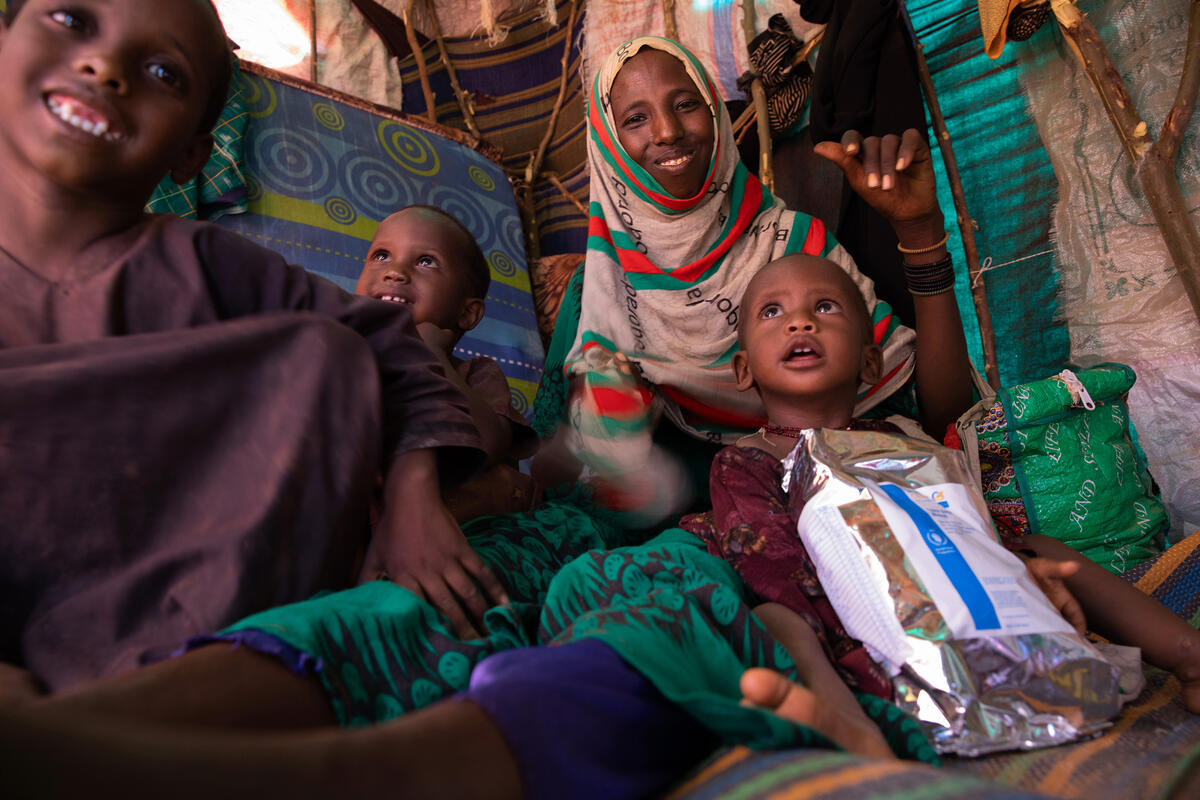
WFP meets the basic food requirements of nearly 500,000 refugees through cash assistance. This includes Syrians living in camps and the community, along with around 10,000 refugees from other countries like Iraq, Yemen, Sudan and Somalia. WFP uses innovative technologies like blockchain and iris scanners to give refugees living inside camps access to the assistance, while refugees living outside of camps use ATMs to withdraw cash or use e-cards at one of the 200 contracted shops across the country.

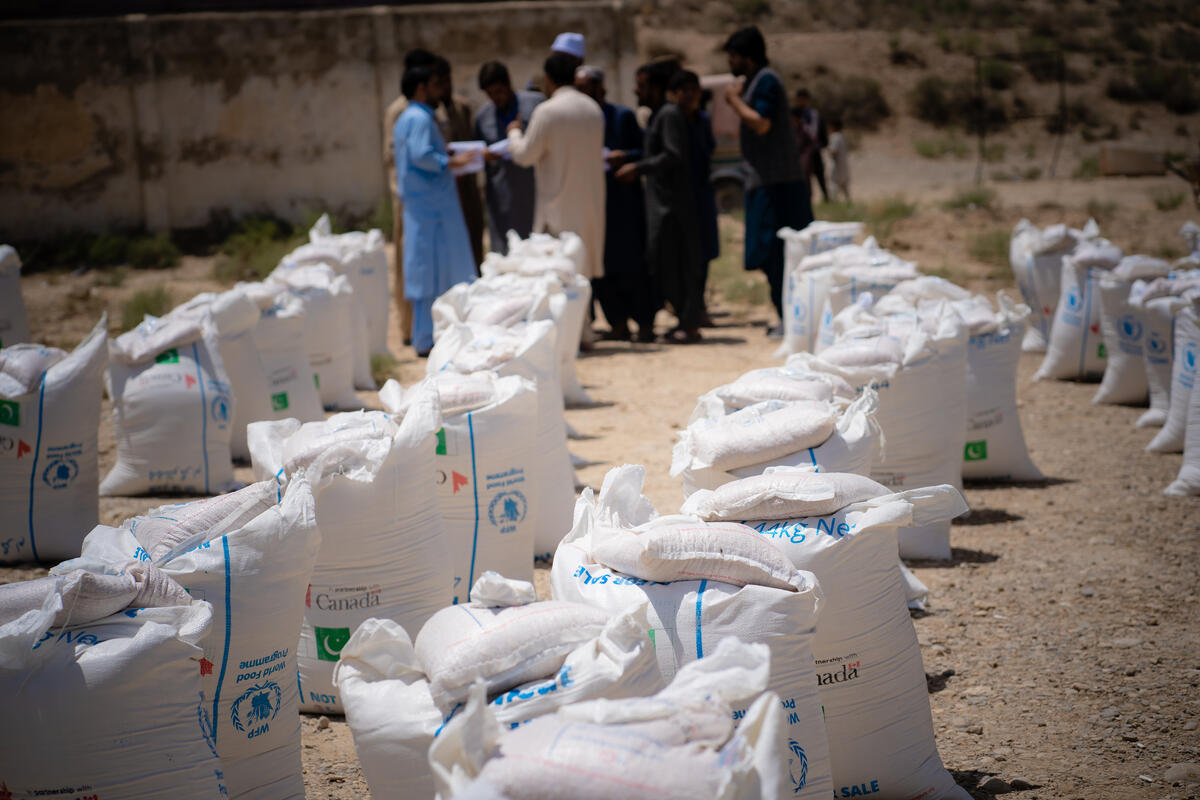
WFP provides tools, systems and training to the government to enhance its own emergency preparedness and response, leveraging WFP’s extensive experience and expertise in the planning and delivery of humanitarian assistance.

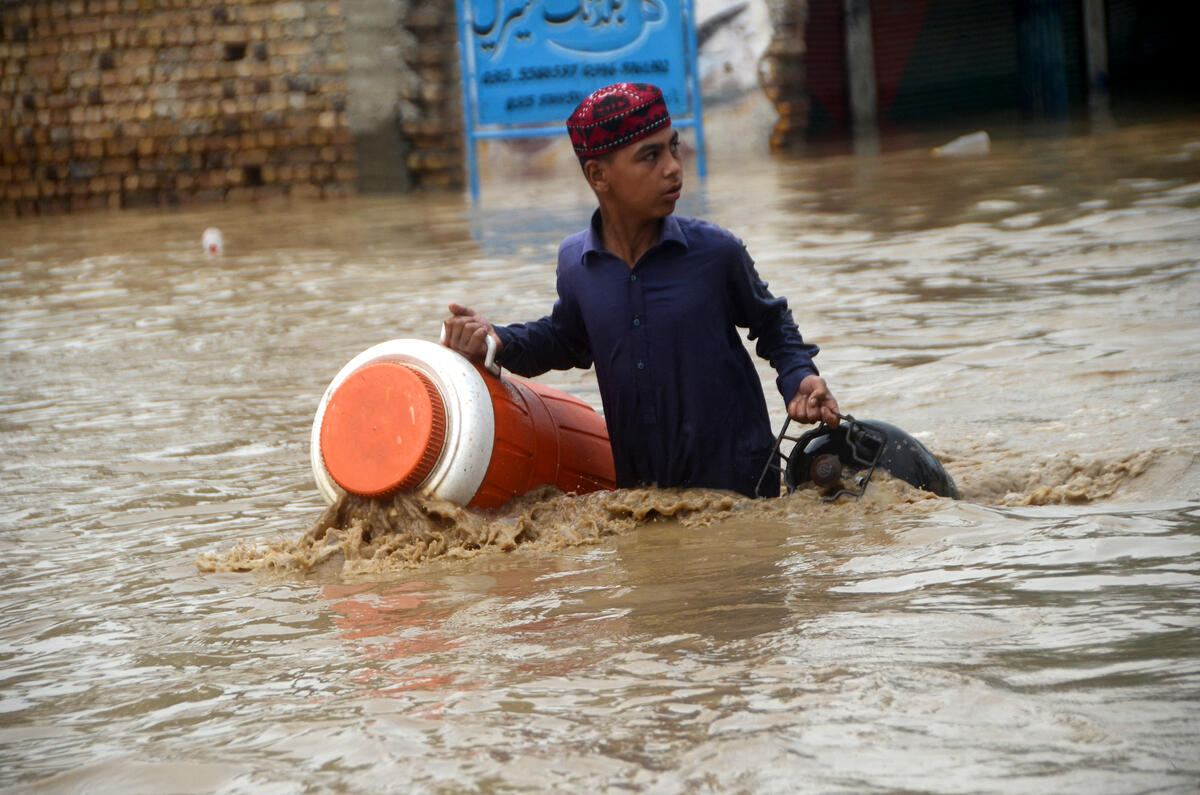
WFP directly supports Jordan’s Ministry of Education to ensure that more than 420,000 Jordanian and refugee children have access to nutritious snacks at school. The program also provides jobs for around 700 workers who prepare the meals in 17 kitchens across the country. Women and people with disabilities are continuously encouraged to fill these roles.

You Can Help Save Lives
When you donate, you help us deliver critical food relief to the most vulnerable people in Jordan and other countries around the world. You can make difference in someone’s life – send food today.
News & Updates from Jordan
Read the latest articles on hunger issues and WFP’s work in Jordan.


